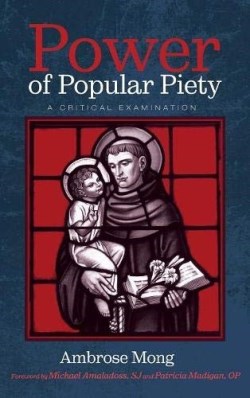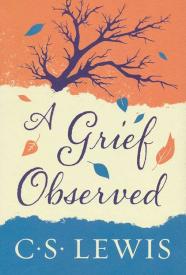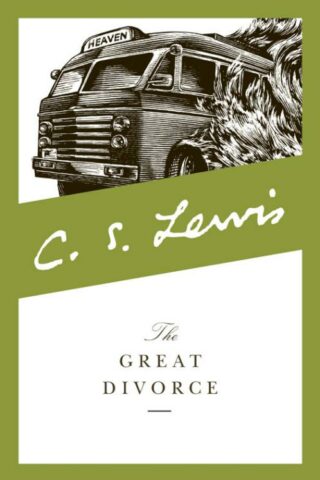Power Of Popular Piety
$45.00
This book examines the ambivalence of folk Catholicism as a resource to fight against injustice, exploitation, and oppression. Cases are cited to illuminate the value and potential trespasses of popular religious beliefs and practices. Over centuries, representatives of the powerful middle and upper middle classes did not hesitate to manipulate popular piety to protect their power and privileges. In fact, much of popular religion still reflects the dominant ideology.
Popular piety has the potential for liberation against unjust social and economic structures. When properly guided, this practice can broaden and deepen political consciousness and mobilize people to act. Without a strong level of political consciousness as well as liberative evangelization, popular religion will be alienating to the poor while strengthening the status quo of the rich and the powerful. This study argues that it will be the elites, the well-educated and committed Christians, not the masses, who would foster the transformation of society.
in stock within 3-5 days of online purchase
SKU (ISBN): 9781532656446
ISBN10: 1532656440
Ambrose Mong
Binding: Cloth Text
Published: March 2019
Publisher: Cascade Books
Print On Demand Product
Related products
-
Grief Observed
$15.99Add to cartWritten by C. S. Lewis with love and humility, this brief but poignant volume was first published in 1961 and courageously encounters the anger and heart-break that followed the death of his wife, an American-born poet, Joy Davidman. Handwritten entries from notebooks that Lewis found in his home capture the doubt and anguish that we all face in times of great loss. He questions his beliefs in this graceful and poignant affirmation of faith in the face of senseless loss.
-
Great Divorce
$17.99Add to cartC.S. Lewis takes us on a profound journey through both heaven and hell in this engaging allegorical tale. Using his extraordinary descriptive powers, Lewis introduces us to supernatural beings who will change the way we think about good and evil. In The Great Divorce C.S. Lewis again employs his formidable talent for fable and allegory. The writer, in a dream, finds himself in a bus which travels between Hell and Heaven. This is the starting point for an extraordinary meditation upon good and evil which takes issue with William Blake’s The Marriage of Heaven and Hell.






Reviews
There are no reviews yet.